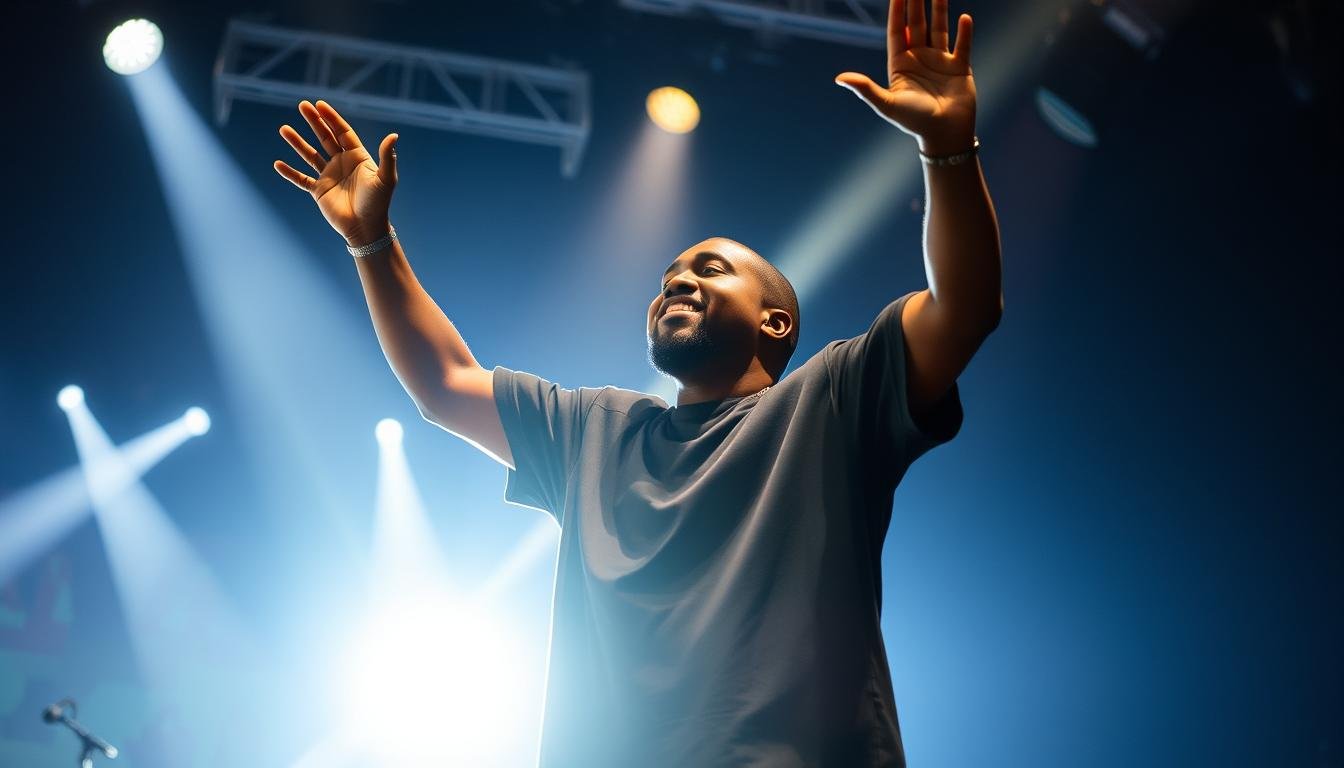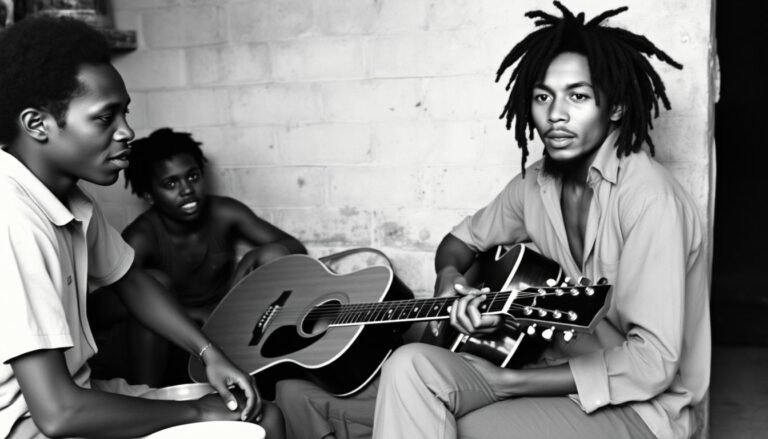Kanye West: Genius or Madness? Exploring the Thin Line Between Brilliance and Controversy
Few figures in modern culture polarize public opinion quite like Kanye West. The question of Kanye West genius or madness has dominated discussions about his career for years, with compelling evidence supporting both perspectives. As he continues to redefine music, fashion, and the very concept of celebrity, we’re left wondering: is he a visionary artist pushing boundaries, or someone struggling with personal demons in the public eye? This analysis explores the fascinating dichotomy that makes Kanye one of the most complex cultural figures of our time.
The Case for Genius: Undeniable Creative Impact
When examining Kanye West’s artistic contributions, it’s difficult to overstate his influence on contemporary music and culture. His production techniques revolutionized hip-hop, while his willingness to experiment with genres created entirely new sonic landscapes that artists continue to explore today.
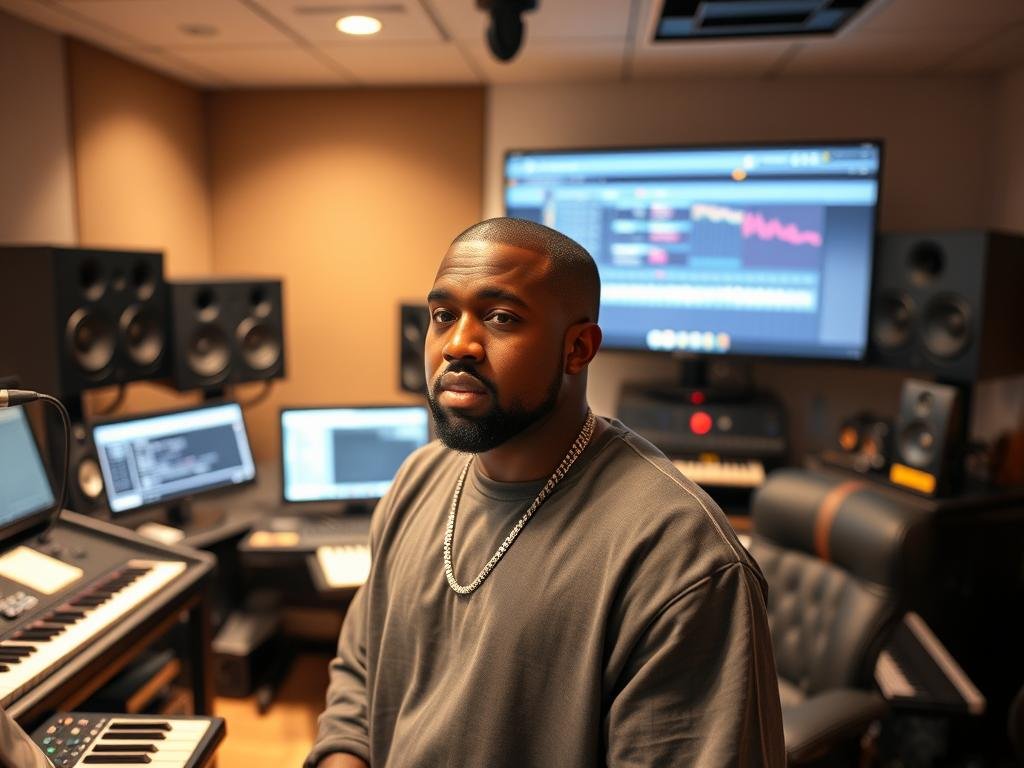
Musical Innovation That Defined Generations
From his early soul-sampling techniques on “The College Dropout” to the industrial sounds of “Yeezus” and the gospel influences on “Jesus Is King,” Kanye has consistently pushed musical boundaries. Each album represents not just a collection of songs but a complete artistic statement that challenges listeners and fellow artists alike.
His production work for other artists—from Jay-Z to John Legend—further demonstrates his versatility and vision. Industry insiders consistently rank him among the most innovative producers of his generation, with techniques that have become standard practice in modern music production.
“Name one genius that ain’t crazy,” Kanye famously rapped on “Feedback,” perhaps acknowledging the complex relationship between exceptional creativity and mental stability that has followed him throughout his career.
Fashion Revolution: From Outsider to Industry Force
Beyond music, Kanye’s impact on fashion cannot be understated. The Yeezy brand transformed from a ridiculed concept to a billion-dollar empire that changed how we think about sneaker culture and high fashion collaborations. His minimalist aesthetic has influenced countless designers and redefined streetwear’s place in the fashion hierarchy.
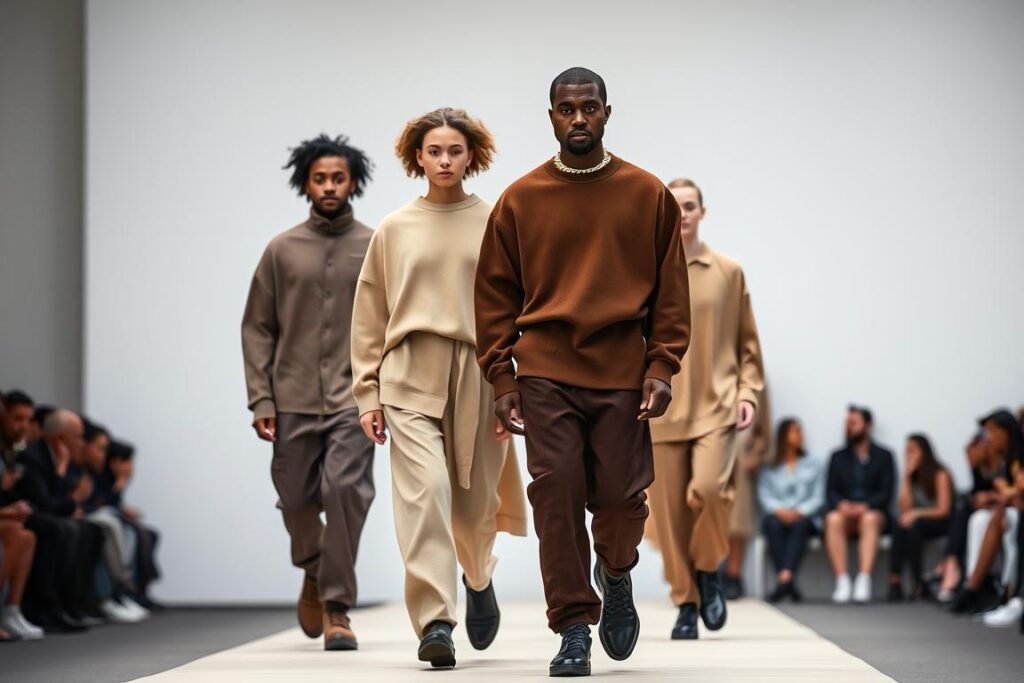
What makes this achievement particularly remarkable is how Kanye entered fashion as an outsider, faced significant resistance from established industry figures, yet persevered to create one of the most recognizable and influential brands of the 21st century.
The Case for Madness: Controversial Behavior and Public Struggles
While Kanye’s creative genius is undeniable to many, his public behavior has often raised serious questions about his mental health and decision-making. His controversial statements and erratic actions have sometimes overshadowed his artistic contributions.
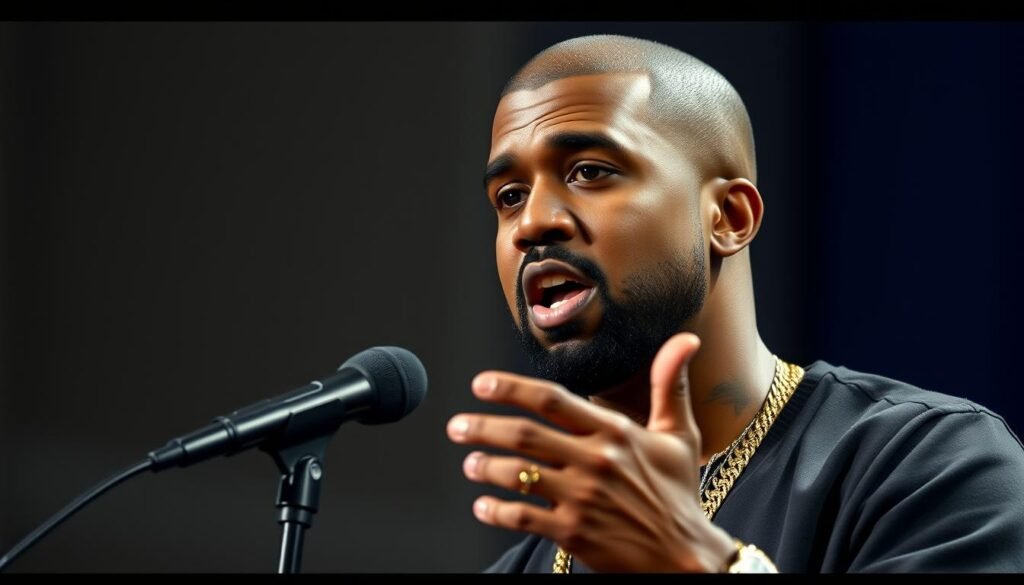
Public Outbursts and Controversial Statements
From interrupting Taylor Swift at the 2009 VMAs to his comments about slavery being “a choice,” Kanye has repeatedly made statements that have shocked the public and alienated fans. These moments aren’t isolated incidents but form a pattern of behavior that has become increasingly difficult to separate from his artistic identity.
His political statements and alignment with controversial figures have further complicated public perception. The unpredictable nature of his public persona has led many to question whether these are calculated publicity moves or symptoms of deeper issues.
“I don’t want to take away that experience and call it crazy,” noted Professor Jeffrey McCune in his lecture series on Kanye West. “It’s reasonable. And it must be addressed with love, compassion, care, generosity.”
Mental Health Struggles and Bipolar Diagnosis
Kanye has openly discussed his bipolar diagnosis, bringing attention to mental health issues while simultaneously raising questions about how his condition affects his public behavior and creative output. His 2018 album “Ye” even featured the cover text: “I hate being Bi-Polar it’s awesome.”
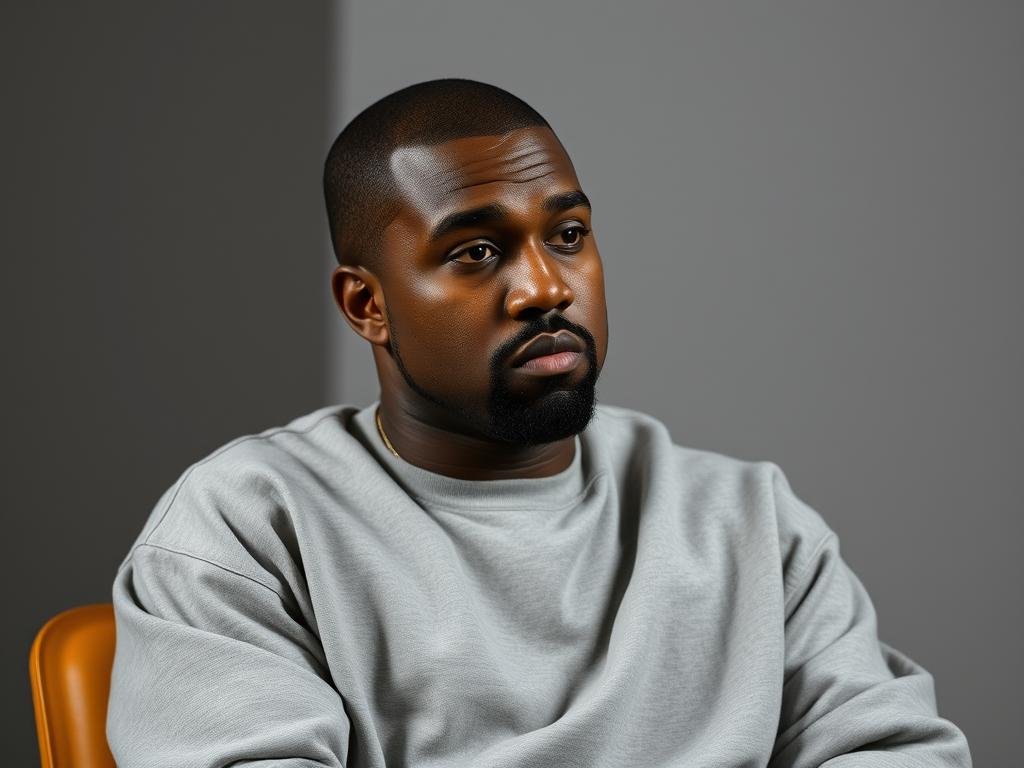
Mental health professionals have noted that creative genius and certain mental health conditions can sometimes be intertwined, with manic episodes potentially fueling creative bursts while also leading to impulsive behavior and grandiose thinking.
Expert Perspectives: The Genius-Madness Connection
To better understand the Kanye West genius or madness question, it’s valuable to consider expert opinions from various fields. Psychologists, cultural critics, and industry insiders offer nuanced perspectives on this complex topic.

Psychological Insights: The Creative Mind
Psychologists have long studied the connection between exceptional creativity and mental health. The concept of “psychological intensity” suggests that some individuals experience emotions and sensory input more powerfully than others, which can fuel both creative breakthroughs and personal struggles.
Dr. Kay Redfield Jamison, a clinical psychologist who has extensively researched the connection between bipolar disorder and creativity, notes that many artistic geniuses throughout history have exhibited symptoms consistent with mood disorders. This doesn’t diminish their achievements but provides context for understanding the complex interplay between exceptional ability and psychological challenges.
The Case for Genius
- Revolutionary music production techniques
- Consistent artistic reinvention
- Billion-dollar Yeezy fashion empire
- Cultural influence beyond entertainment
- 21 Grammy Awards and critical acclaim
The Case for Madness
- Erratic public behavior
- Controversial political statements
- Self-acknowledged bipolar diagnosis
- Impulsive decision-making
- Grandiose self-comparisons to historical figures
Cultural Analysis: Genius as Social Construct
Cultural critics point out that our concept of “genius” is itself problematic. The label often excuses behavior we wouldn’t tolerate from others and creates unrealistic expectations that can be harmful to the individual and those around them.
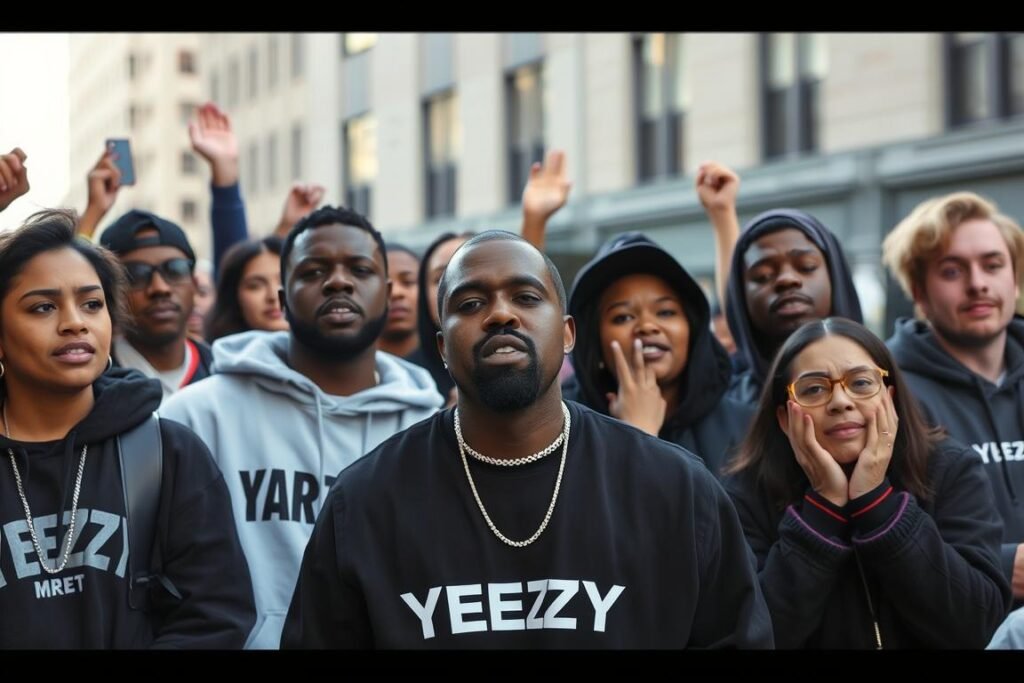
As one Pitchfork critic noted, “Genius is by nature troubled and unmanageable… A genius can never be wrong, and can only assimilate criticism as ‘opposition.'” This perspective suggests that our cultural obsession with genius may actually enable destructive behavior rather than fostering true creativity.
Public Perception: The Court of Public Opinion
The public’s view of Kanye West reflects the genius or madness dichotomy, with opinions often divided along generational, cultural, and political lines. Social media has amplified both adoration and criticism, creating a complex portrait of public sentiment.
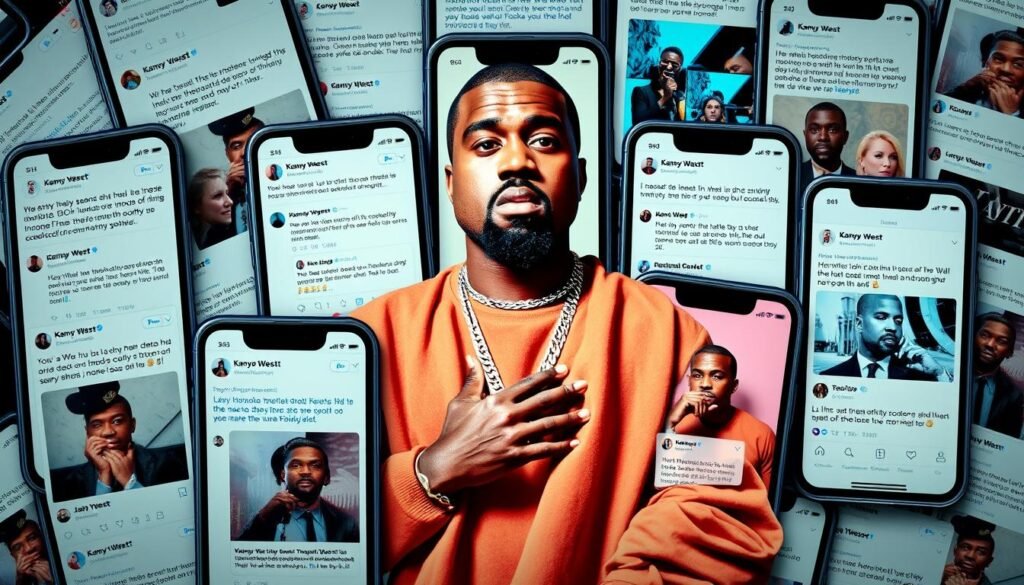
Fan Loyalty Through Controversy
Despite numerous controversies, Kanye maintains a dedicated fan base that separates his art from his personal behavior. Many fans acknowledge his problematic statements while continuing to appreciate his creative contributions, demonstrating the complex relationship between artist and audience in the modern era.
Younger generations in particular often view Kanye’s willingness to challenge norms as authentic rather than calculated, appreciating his transparency about personal struggles in an era that increasingly values vulnerability.

Critical Reception: Artistic Evaluation
Music critics have generally maintained a separation between Kanye’s personal controversies and his artistic output, with albums like “My Beautiful Dark Twisted Fantasy” receiving near-universal acclaim despite being released during periods of public backlash.
This critical approach suggests that genius can coexist with personal flaws, and that artistic evaluation should focus primarily on the work itself rather than the creator’s public persona or personal struggles.
Conclusion: Beyond Binary Thinking
The question of Kanye West genius or madness ultimately reveals the limitations of binary thinking. Human complexity rarely fits into neat categories, and Kanye embodies this truth more than most public figures.
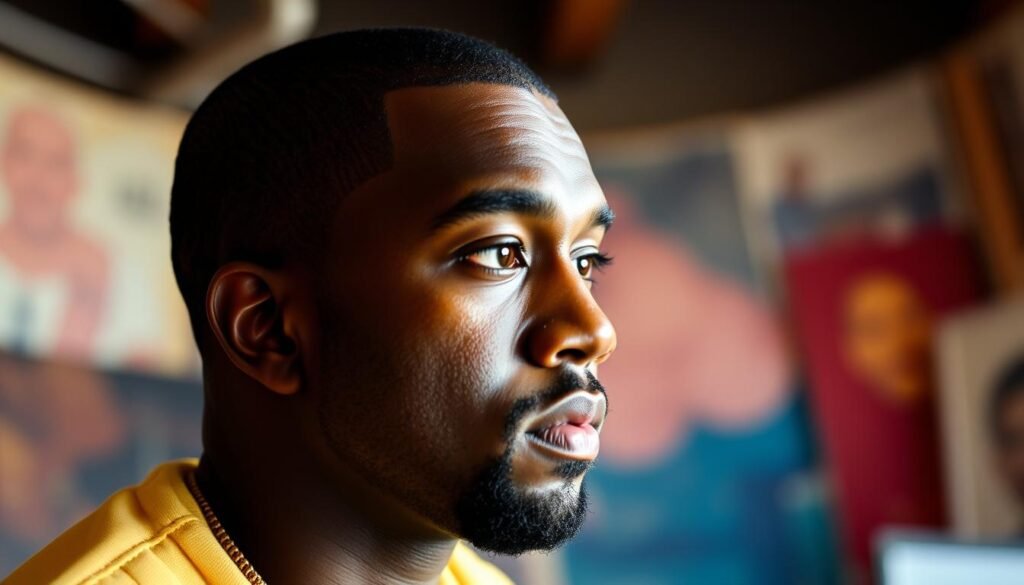
Perhaps the most accurate assessment is that Kanye West contains multitudes—brilliant creativity alongside troubling behavior, innovative vision alongside impulsive decisions. His legacy will likely be defined not by resolving this tension but by embodying it in ways that force us to reconsider our understanding of artistic genius, mental health, and celebrity culture.
As we continue to witness Kanye’s evolving career and public persona, we might benefit from approaching the genius or madness question with greater nuance, recognizing that the most interesting truth lies not in choosing one label over another, but in understanding how both can simultaneously exist within the same remarkable individual.
Continue Exploring Cultural Analysis
Join our newsletter for weekly insights on the intersection of art, psychology, and culture. Get thoughtful analysis on today’s most compelling cultural figures delivered straight to your inbox.
Join the Conversation
What’s your take on the Kanye West genius or madness debate? Share your thoughts in the comments section below.

